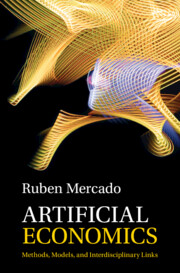One relatively recent pivot in the discussion concerning the possibility of interpersonal utility comparisons (IUCs) centers on evolutionary biological considerations. In particular, it has been suggested that, since all human beings are part of the same species, we should expect our utility functions to be structured similarly and thus be comparable. However, a closer look at this argument shows that it is not compelling as it stands: since cultural learning plays a crucial role in our cognitive evolution, the conclusion that we evolved to be psychologically similar to each other needs to be revised. This, though, does not mean that evolutionary theory has nothing to say about the possibility of IUCs. In fact, as this paper makes clear, by expanding the evolutionary argument with work in gene–culture–technological coevolutionary theory, it becomes possible to support the contention that IUCs may well be sometimes possible. This has important implications for the analysis and design of social institutions.


